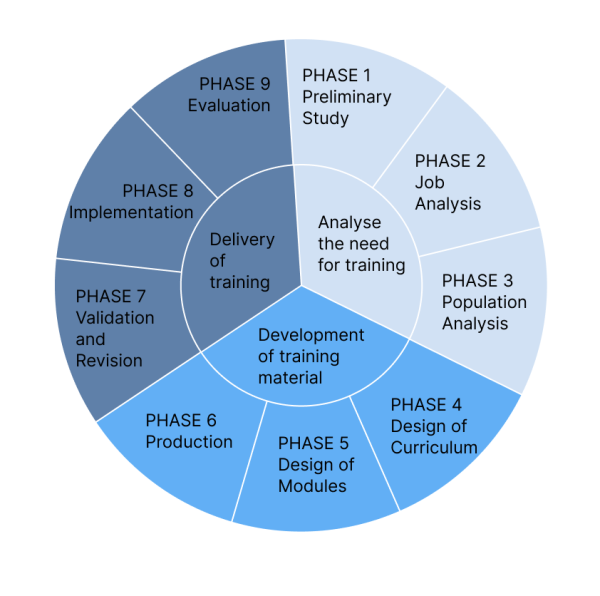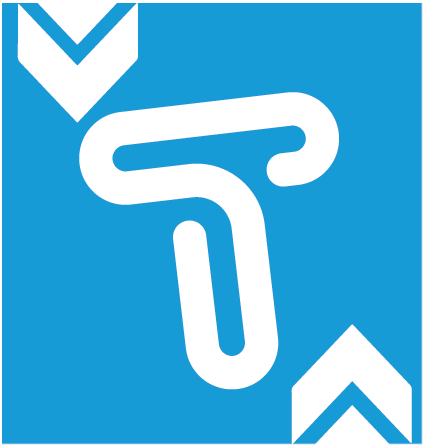Evaluations are a very important element of the TRAINFORTRADE methodology. Evaluation activities are carried out before, during and after training and capacity building activities in order to verify the level of implementation of the skills and knowledge acquired.
An evaluation is also carried out at the end of each technical assistance project. An UNCTAD or external team assesses the efficacy, efficiency, relevance, impact and sustainability of activities carried out over the project cycle. Moreover, in-line with Results-Based Management (RBM) methodology, TRAINFORTRADE collects indicators of success and satisfaction for all its activities based on performance (tests) and evaluations (assessments) allowing for benchmarking over time and regions/activities.

Documents
2015: Final Evaluation Report
The TRAINFORTRADE Project in West Africa was launched in 2012 and will run until 2015. The overall goal of the project is to Accelerate progress in West-African countries (Benin, Burkina Faso, the Gambia, Ghana, Guinea, Mali, Senegal and Togo) towards the achievement of internationally agreed development goals, particularly MDG 8, through trade-related training and capacity building.
Conclusion of the report:
- Relevance and Efficiency are high.
- Effectiveness is good in comparison with means, scope and duration of the project.
- It is too early to assess long term Impact and Sustainability but immediate outcomes are very promising.
- Completion rate: 93.85%
2011: UNCTAD’s E-Commerce and Law Reform Project
The objective of the E-Commerce and Law Reform Project is to support decision-makers and lawmakers of beneficiary countries in mastering the complexities of the legal aspects of ICT, and in preparing harmonized legal and regulatory frameworks that facilitate the conduct of domestic and international trade and the development of e-government services.
Since 2006, the contribution from the Government of Finland has made it possible for Cambodia, the Lao People’s Democratic Republic and the East African Community Member States to fully benefit from the services delivered by the Project.
The mix of legal advice and training, backed by awareness-raising and institutional capacity-building, builds the confidence and commitment of the Project partners to achieve compliance with international ICT standards as part of their efforts towards graduation from LDC status. Ownership by the Project’s partners, especially where there is knowledge of the legal issues at stake in ICT for development, is instrumental in keeping up the momentum for cyber law reform.
2007: Excecutive Summary Cambodia & Lao PDR
An independent evaluation of the four-year TRAINFORTRADE project for Cambodia and Laos funded by France praised the results both in terms of its relevance and impact for the development of these countries (UNCTAD: RAS/OT/2CK French Ministry of Foreign Affairs FSP 2002-95) . The evaluation report suggested that UNCTAD considers the extension of the TRAINFORTRADE approach to other developing countries, in the framework of national or regional programmes of technical assistance (summary).
2004: Evaluation
Summary of the evaluation report prepared by Alain Caristan (Independent consultant) Paris, 17 November 2004.
“Capacity building programme on training in selected international economic issues: Distance learning techniques” Financed by the Government of Belgium Implemented by the United Nations Conference on Trade and Development – UNCTAD
2002: Evaluation Resume
Summary of the evaluation report prepared by Dominique Malsch (Consultant) Lyon, 20 February 2003.
TRAINFORTRADE Project for strengthening training capacities in international trade in Benin, Burkina Faso and Mali (UNCTAD: RAF 99/A09 French Ministry of Foreign Affairs FSP 99009400)
Extracts from evaluation reports
“The evaluation team found good examples of incorporating institutional sustainability considerations into technical cooperation, including the alumni networks under Train for Trade and the focus on organizational strengthening of national trade facilitation committees. Strong national ownership, evidenced by high counterpart contributions, increases the likelihood of sustainability.”
TRAINFORTRADE Port Management Programme
“This component of TRAINFORTRADE aims to improve the efficiency and competitiveness of port management services, as well as enhance strategic decision-making and the application of modern techniques of port management. Feedback from beneficiaries, partner ports and the donor State co-funding the English language network (Ireland) was overwhelmingly positive with respect to the Programme. Examples of positive results include the following: training delivered through a combination of different advanced pedagogical tools is considered useful and practical; the concept of delivering training through mobilizing the resources of three European partner ports may serve as a model for delivering similar technical capacity-building assistance elsewhere in the United Nations system; the high level of usefulness for participating ports and their ownership is evidenced by their willingness to significantly contribute to the costs of training; and regional courses provide significant advantages with regard to travel costs for participants and are tailored to specific requests. The representatives of ports interviewed confirmed that the capacities of their staff to fulfill their functions had significantly strengthened. Beyond the formal training sessions, ports considered the opportunity of sharing experiences within and between different networks as an important benefit, and alumni networks were a key value added, with the potential for further leveraging for better visibility and ownership. “
Sources:
TD/B/WP/287 – External evaluation of UNCTAD subprogram 4: Technology and logistics
TD/B/WP(75)/CRP.2 – Supporting materials
TD/B/WP(75)/CRP.1 – Management response to the external evaluation of UNCTAD subprogram 4: Technology and logistics


Currently on a Project Page



